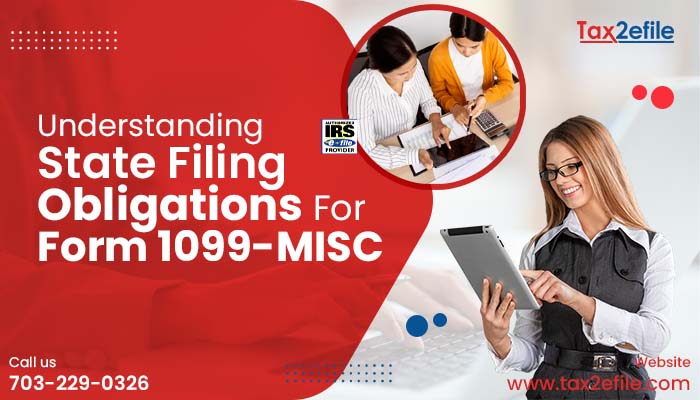- March 13, 2023

Taxpayers can make use of the IRS Form 1099-SA to report the distributions made from a health savings account, Medicare Advantage medical savings account, and from Archer Medical Savings account. It is important that the taxpayer file a separate return for each of the plan types. The distribution can be paid directly to an account holder or a medical service provider.
Why is Form 1099-SA important?
Distributions that are listed on Form 1099-SA are meant for medical expenses that are tax-free. If the HAS are used for non-qualified expenses, they should be taxed at 20%. While 1099-SA shows account holders how much they have spent in total, this tax form offers information on the expenses that are not considered acceptable for medical savings accounts.
1099-SA reports distributions from health saving accounts and medical savings accounts. Distributions will be accounted for based on whether they have been paid directly to the provider or the account holder as compensation for out-of-pocket medical expenses. Receiving Form 1099-SA alone doesn’t state that one has to pay taxes. If they have an HSA, MA MSA, or Archer MSA account, taxpayers could still save on their taxes. These distributions are not taxable if the taxpayer uses them to pay the qualified medical expenses of either the taxpayer or the family member.
The taxpayers can roll over one HAS account to another HAS. Similarly, it is possible to roll over an Archer MSA account to another Archer MSA or HAS account. An MA MSA account is not taxable if the taxpayer uses it to pay the qualified medical expenses of the account holder only. Taxpayers should file Form 8853 (Archer MSAs and Long Term Care Insurance Contracts) or Form 8889 (Health Savings Accounts) along with Form 1040 or Form 1040 SR to report a distribution from these accounts, even if these distributions are not taxable.
Allowed and ineligible medical expenses
When tax distributions have been allowed for medical expenses, no tax penalty will be incurred, and the distribution that has been made will only be recorded simply. Holding records of the HAS fund usage all throughout the year can be very helpful in making sure that the money is spent only on qualified charges. There might be accidental use of both MSA and HAS funds on the ineligible expenses. Though these expenses need not be medical, they might not be covered owing to certain exclusions. Thus, it is mandatory to check the allowed and disallowed list of medical expenses to use the HAS funds appropriately. The funds that are spent on ineligible expenses are incurred as income tax penalties.
Proper and appropriate documentation of medical expenses is mandatory for filling out the IRS Form 1099-SA successfully. For more queries and to fill out the form appropriately, it is vital to take help and check with a tax professional for concerns and tips. The financial institution that manages the tax account is responsible for sending the taxpayer a copy of Form 1099-SA. If you have not received one, then you should ask the institution. To learn more about this tax Form, you can take help from expert tax professionals at Tax2efile.


